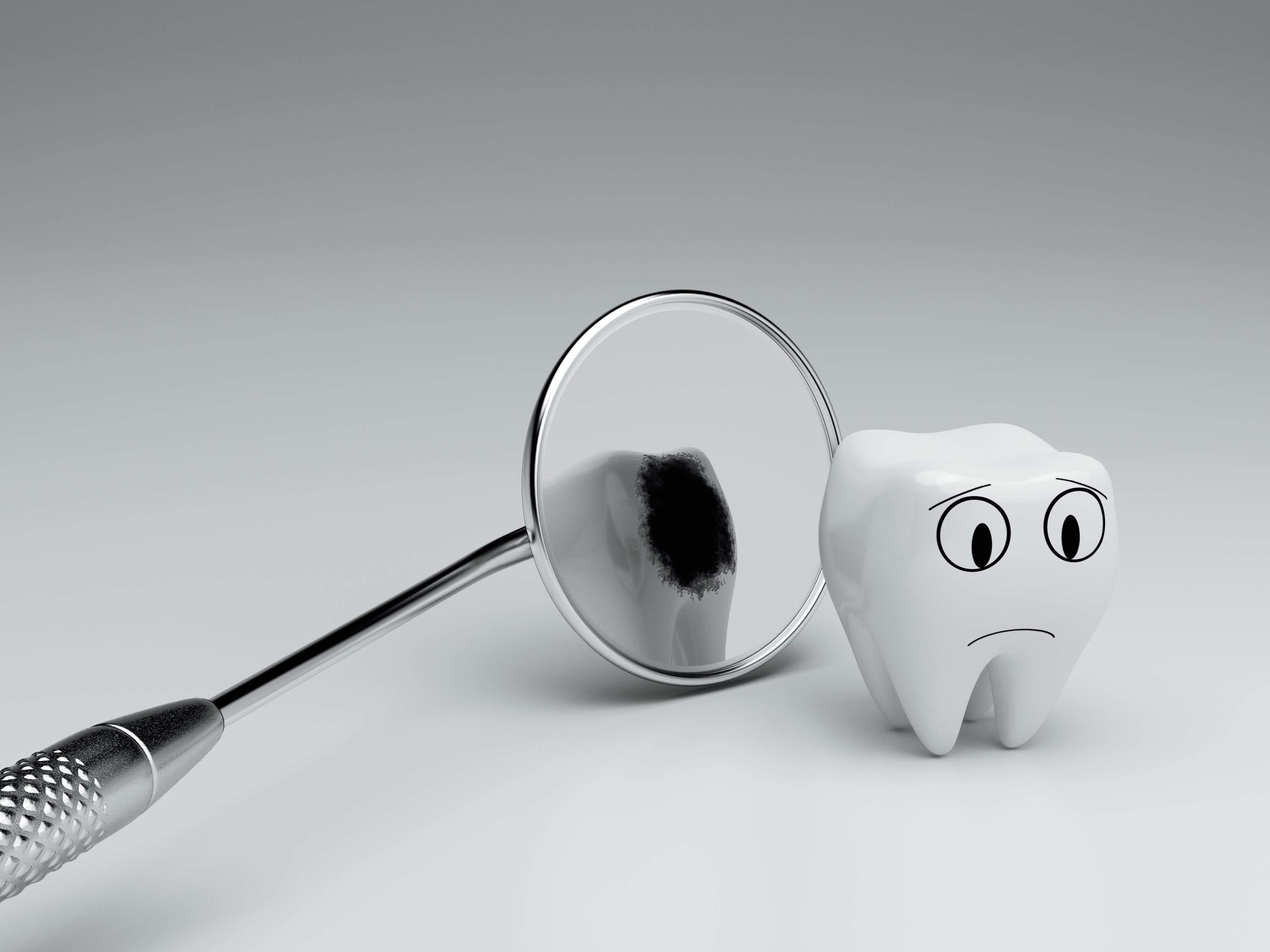What causes a cavity?

Cavities, also known as dental caries or tooth decay, are permanently damaged areas in the hard surface of your teeth that develop into tiny openings or holes. They're caused by a combination of factors, primarily bacteria in your mouth, sugary foods and drinks, and poor oral hygiene.
Here's how it typically happens:
-
Plaque Formation: Plaque is a sticky film of bacteria that constantly forms on your teeth. When you consume foods or drinks high in sugars or starches, the bacteria in plaque produce acids that attack your tooth enamel.
-
Enamel Erosion: The acids in plaque gradually dissolve the enamel, which is the hard outer layer of your teeth. Enamel erosion weakens the tooth and creates small holes, which are the beginnings of cavities.
-
Dentin Damage: If the decay continues, it may reach the next layer of the tooth called dentin, which is softer than enamel. Once decay reaches the dentin, it progresses more rapidly.
-
Pulp Involvement: If left untreated, the decay can eventually reach the innermost part of the tooth called the pulp, which contains nerves and blood vessels. This can lead to pain and infection.
Cavities can range in severity from minor, needing only a dental filling, to severe, requiring a root canal or even tooth extraction if the damage is extensive. Prevention is key, and it includes good oral hygiene practices such as brushing and flossing regularly, limiting sugary foods and drinks, and visiting your dentist for regular check-ups and cleanings.








